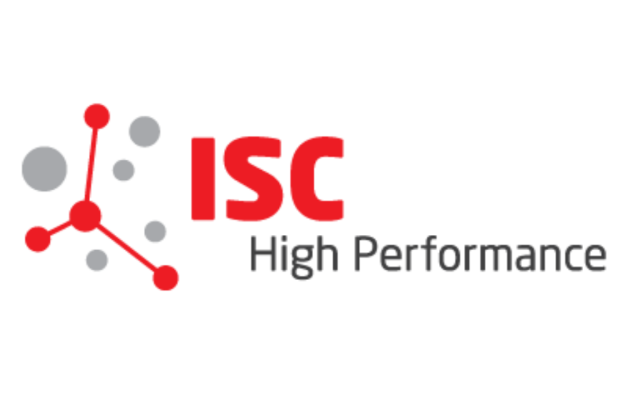
The National Laboratory for Scientific Computing (LNCC), one of the RISC2 partners from Brazil, presented two posters at the Event for High Performance Computing, Machine Learning and Data Analysis (ISC) 2021.
The posters “Developing Efficient Scientific Gateways for Bioinformatics in Supercomputing Environments Supported by Artificial Intelligence” and “Scalable Numerical Method for Biphasic Flows in Heterogeneous Porous Media in High-Performance Computational Environments” are part of the activities of the LNCC RISC2 projects.
According to Carla Osthoff (LNCC) , former poster presents a collaboration project that aims to develop green and intelligent scientific gateways for bioinformatics supported by high-performance computing environments (HPC) and specialized technologies such as scientific workflows, data mining, machine learning, and deep learning. The efficient analysis and interpretation of Big Data open new challenges to explore molecular biology, genetics, biomedical, and healthcare to improve personalized diagnostics and therapeutics; then, it becomes necessary to availability of new avenues to deal with this massive amount of information. New paradigms in Bioinformatics and Computational Biology drive the storing, managing, and accessing of data. HPC and Big Data advances in this domain represent a vast new field of opportunities for bioinformatics researchers and a significant challenge. The Bioinfo-Portal science gateway is a multiuser Brazilian infrastructure for bioinformatics applications, benefiting from the HPC infrastructure. We present several challenges for efficiently executing applications and discussing the findings on how to improve the use of computational resources. We performed several large-scale bioinformatics experiments that are considered computationally intensive and time-consuming. We are currently coupling artificial intelligence to generate models to analyze computational and bioinformatics metadata to understand how automatic learning can predict computational resources’ efficient use. The computational executions are carried out at Santos Dumont Supercomputer. This is a multi-disciplinary project requiring expertise from several knowledge areas from four research institutes (LNCC, UFRGS, INRIA Bordeaux, and CENAT in Costa Rica). Finally, Brazilian funding agencies (CNPQ, CAPES) and the RISC-2 project from the European Economic and Social Committee (EESC) support the project.
Latter poster presents a project that aims to develop a scalable numerical approach for biphasic flows in heterogeneous porous media in high-performance computing environments based on the high-performance numerical methodology. In this system, an elliptical subsystem determines the velocity field, and a non-linear hyperbolic equation represents the transport of the flowing phases (saturation equation). The model applies a locally conservative finite element method for the mixing speed. Furthermore, the model employs a high-order non-oscillatory finite volume method, based on central schemes, for the non-linear hyperbolic equation that governs phase saturation. Specifically, the project aims to build scalable codes for a high-performance environment. Identified the bottlenecks in the code, the project is now working in four different research areas. Parallel I/O routines and high-performance visualization to decrease the I/O transfers bottleneck, Parallel programming to reduce code bottlenecks for multicore and manycore architectures. and Adaptive MPI to decrease the message communication bottleneck. The poster presents the first performance evaluation results used to guide the project research areas. This endeavor is a multi-disciplinary project requiring expertise from several knowledge areas from four research institutes (LNCC, UFRGS, UFLA in Brazil, and CENAT in Costa Rica). Finally, Brazilian funding agencies (CNPQ, CAPES) and the RISC-2 project.